Acne isn’t just a teenage nuisance – it’s a complex skin disorder tied to inflammation, hormones, and even gut health. While topical treatments and medications can be effective, what you eat may play a bigger role than you think.
Several studies have linked diet to acne severity, and emerging research supports a skin-friendly diet rich in anti-inflammatory, antioxidant-rich, and low-glycemic foods. This guide will walk you through 10 powerful food items backed by science that can help you manage acne naturally.
1. Fish (Salmon, Mackerel, Sardines)
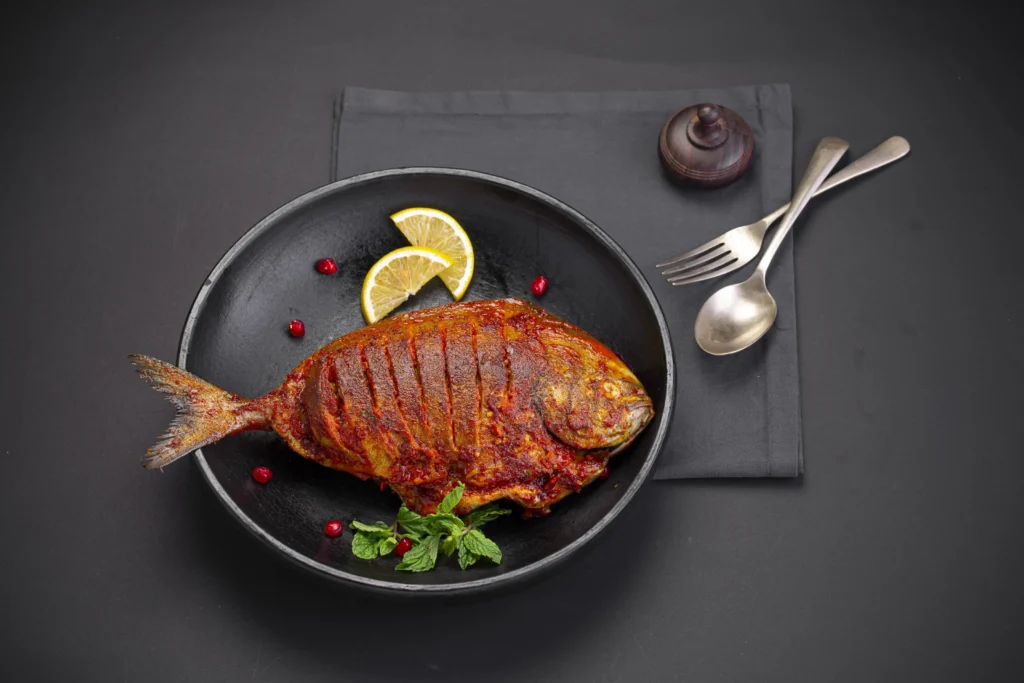
Fatty fish are rich in omega-3 fatty acids – especially EPA and DHA – which reduce systemic inflammation and can help regulate sebum production in the skin. They may also prevent hyperkeratinization (where pores get clogged with skin cells), a root cause of acne.
Research published in Lipids in Health and Disease notes that omega-3s significantly reduced inflammatory acne lesions after 10 weeks of supplementation.
2. Spinach and Leafy Greens
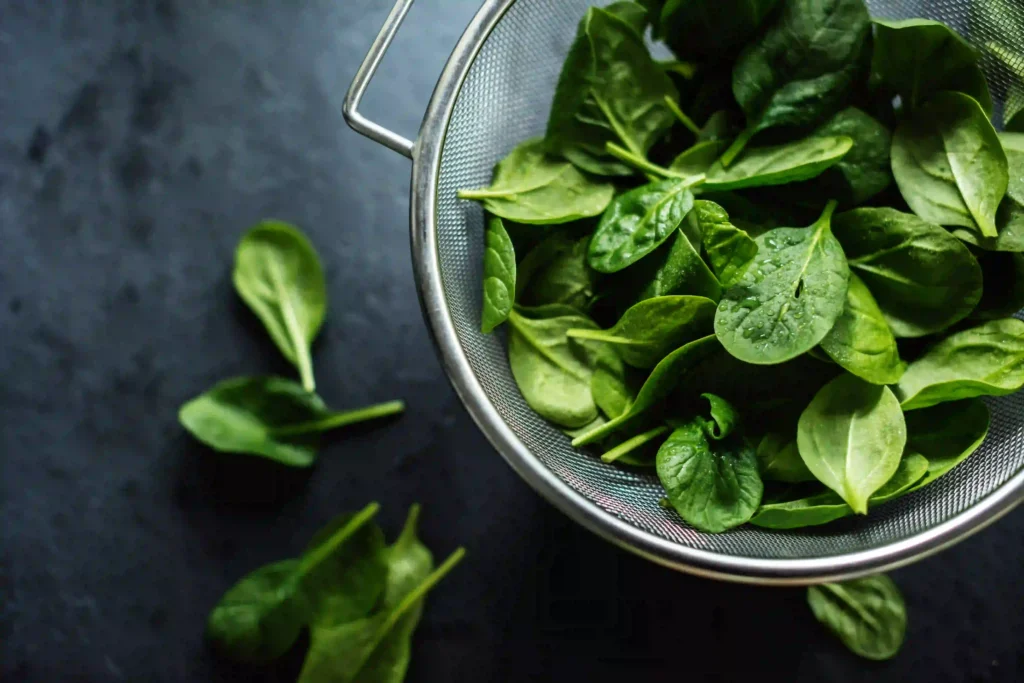
Leafy greens like spinach, kale, and arugula are loaded with vitamins A, C, and E, plus zinc and iron – all essential for skin repair and immune defense. They also contain chlorophyll, which may reduce toxins and inflammation.
Vitamin A reduces excess sebum, while vitamin C aids in collagen production and skin healing.
3. Berries (Blueberries, Strawberries, Raspberries)
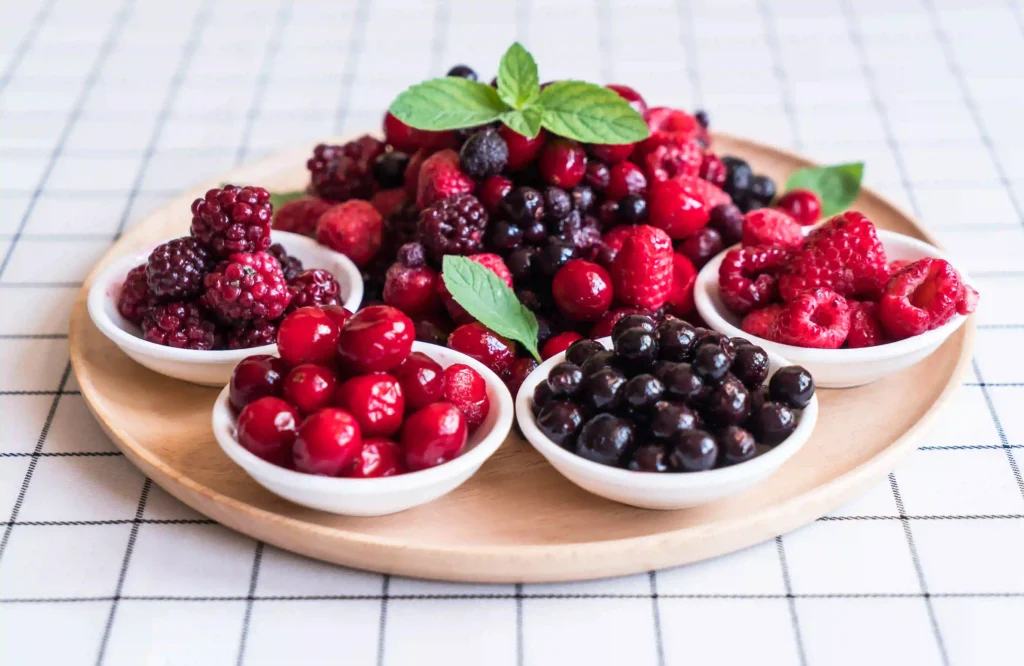
Berries are antioxidant bombs. Their polyphenols neutralize free radicals, reduce inflammation, and support healthy insulin levels – important because high insulin spikes can trigger acne.
Antioxidants like anthocyanins in berries lower C-reactive protein (CRP), a marker of inflammation.
4. Sweet Potatoes
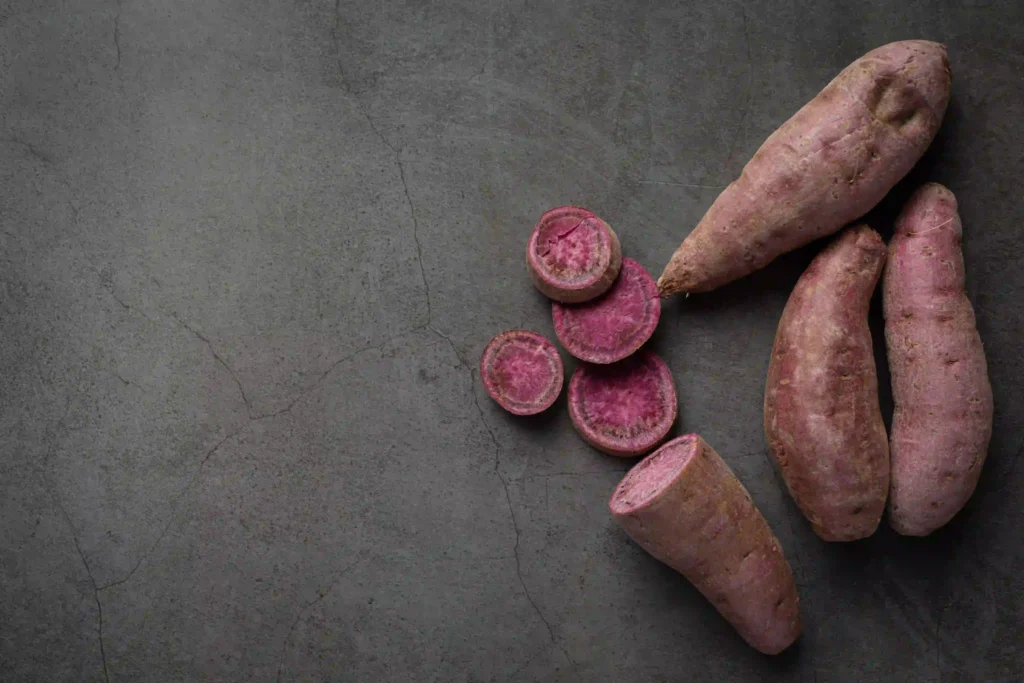
These orange root vegetables are rich in beta-carotene, which your body converts to vitamin A a nutrient essential for regulating skin cell turnover and preventing clogged pores.
Retinoids (vitamin A derivatives) are common in acne medications; dietary sources like sweet potatoes provide a safer, natural version.
5. Walnuts
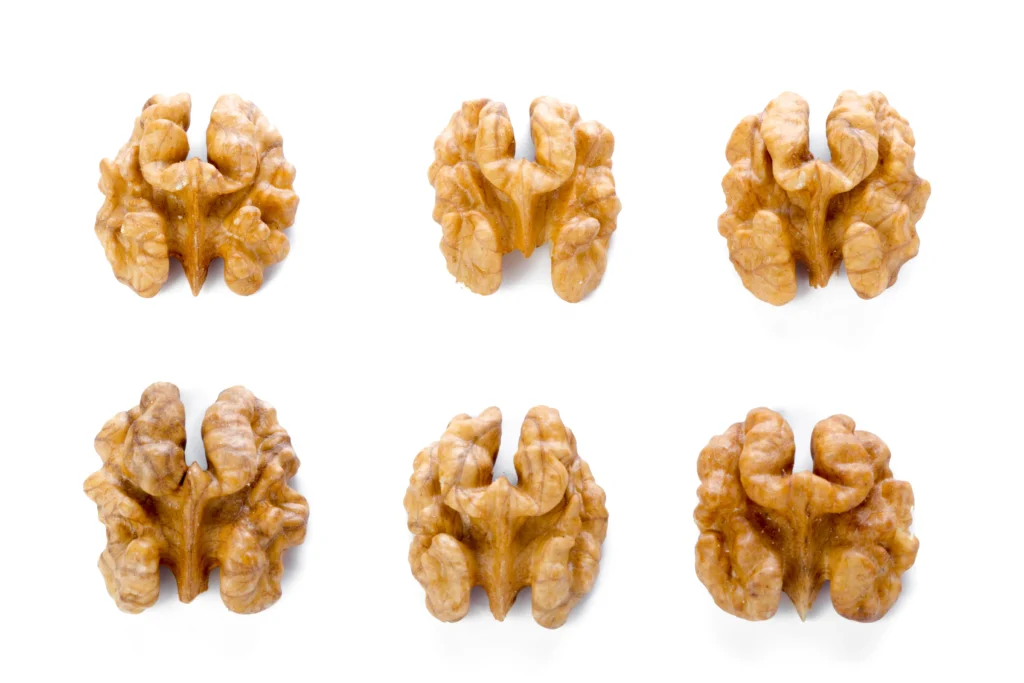
Walnuts offer a powerful mix of omega-3s, zinc, and vitamin E – a skin-protective trio that helps balance oil production, control inflammation, and repair skin.
Low zinc levels are associated with more severe acne, making nuts a useful addition for dietary zinc.
6. Quinoa
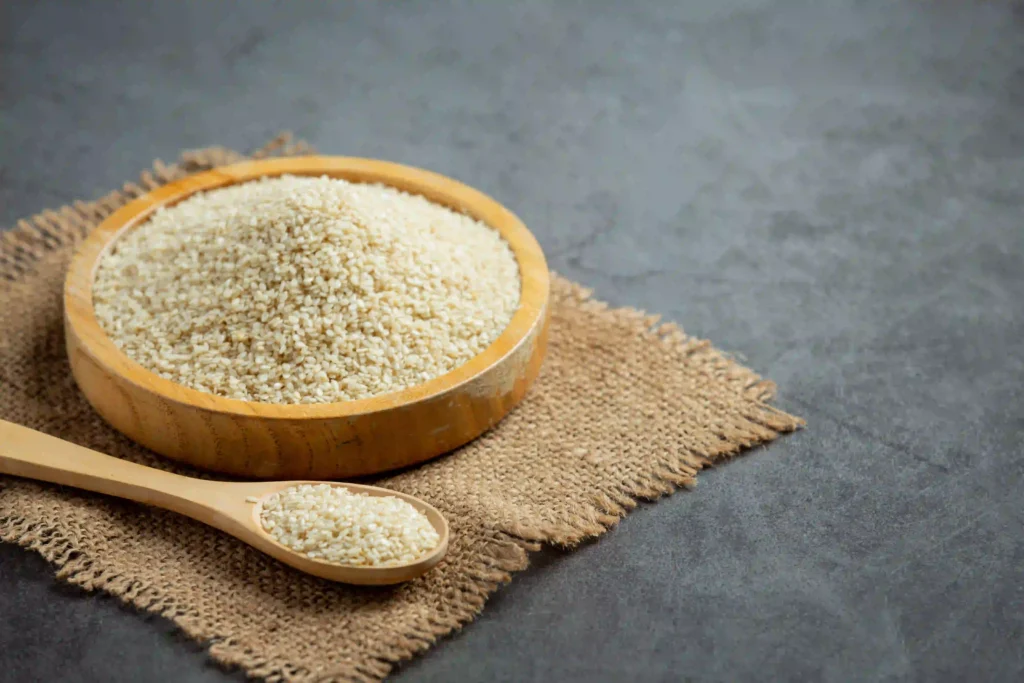
Unlike refined carbs, quinoa has a low glycemic index. It provides fiber, iron, magnesium, and complete protein – which help balance hormones and reduce blood sugar spikes linked to acne.
High-GI diets are associated with increased acne severity. A study in the American Journal of Clinical Nutrition supports low-GI diets for acne reduction.
7. Garlic
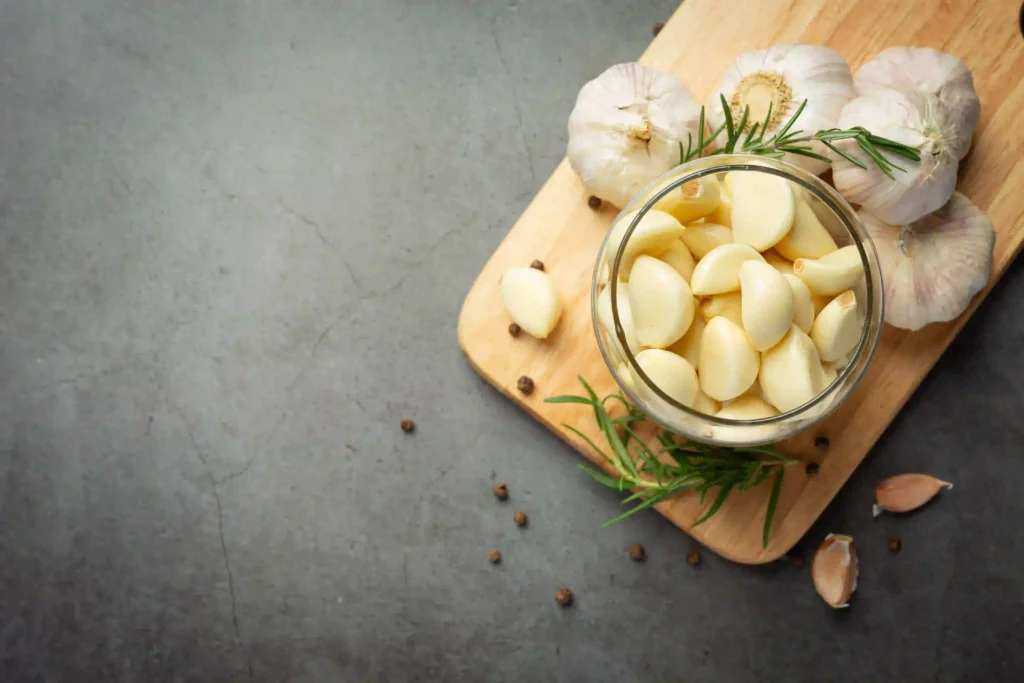
Garlic contains allicin, a compound with powerful antibacterial and anti-inflammatory properties. It boosts immune response and may help reduce acne-causing bacteria from the inside out.
While often applied topically in folk medicine, dietary garlic supports the immune system and reduces inflammation.
8. Green Tea

Green tea is rich in EGCG (epigallocatechin gallate) – a potent polyphenol that reduces inflammation, controls sebum production, and combats acne bacteria like Cutibacterium acnes.
Many Scientific reviews confirm green tea polyphenols’ effectiveness in treating mild to moderate acne.
9. Whole Grains and Legumes (e.g., oats, chickpeas, broad beans)
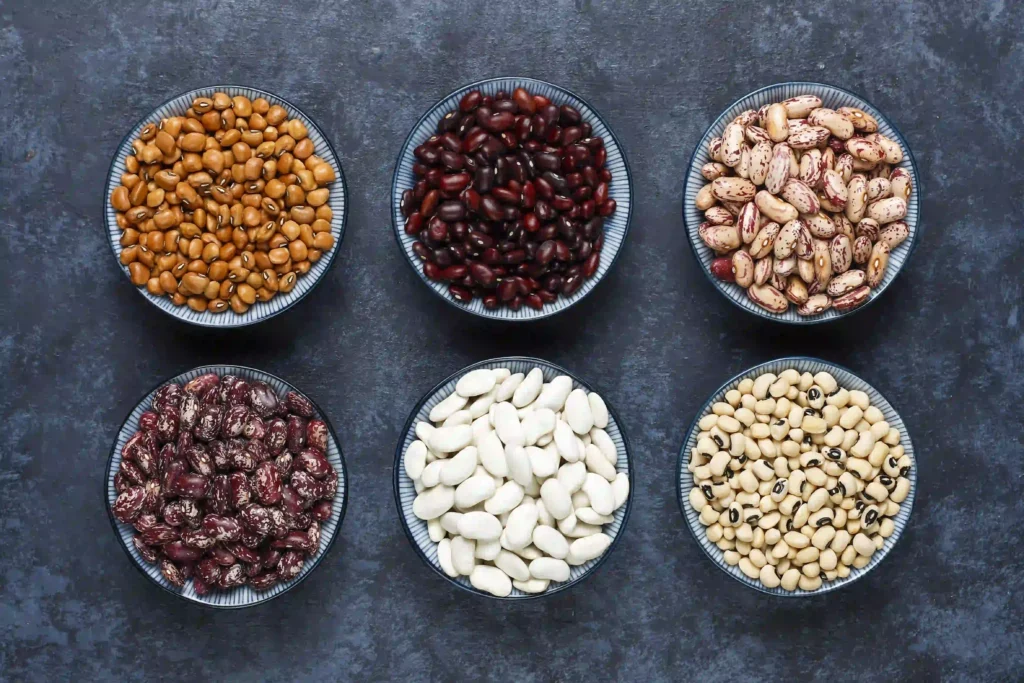
Whole grains and legumes offer zinc, plant protein, and fiber, all while keeping your blood sugar steady. They also support gut health, which directly influences inflammation and skin conditions like acne. A healthy gut microbiome can improve acne symptoms.
10. Raw Honey (Kanuka or Manuka)
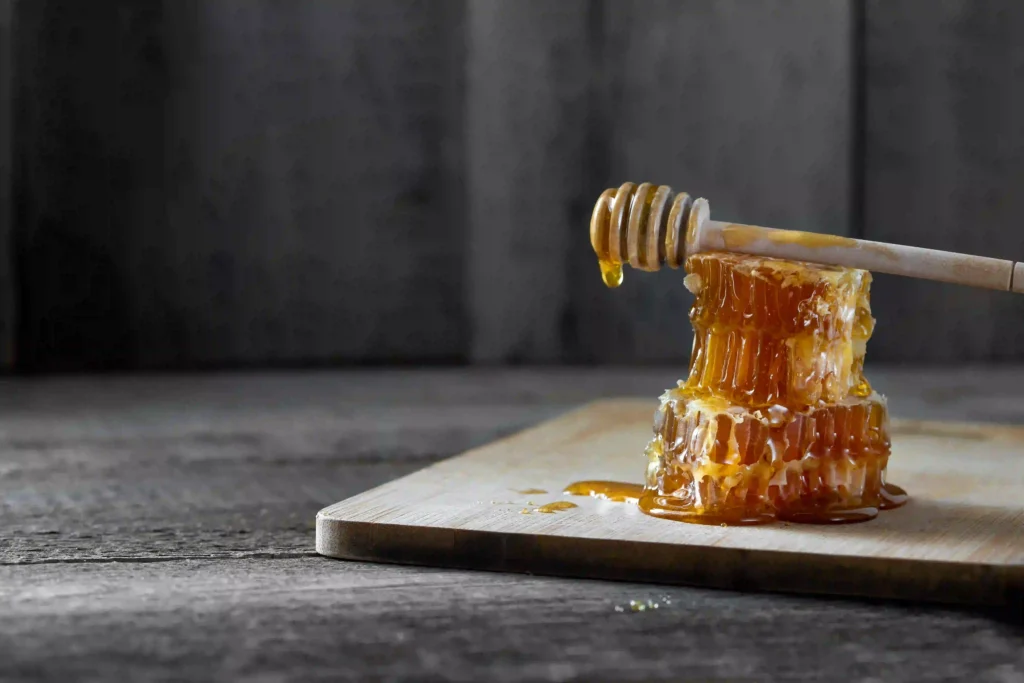
Medical-grade honey is more than a sweetener – it’s a natural antimicrobial and anti-inflammatory. Some evidence shows kanuka honey may help with mild to moderate acne when applied topically.
A randomized controlled trial in BMJ Open suggested a possible benefit of kanuka honey for acne-prone skin.
Final Takeaway: Eat for Skin You Actually Want
Managing acne isn’t just about what you apply on your face – it’s about what you feed your body. A diet that supports hormonal balance, reduces inflammation, and promotes gut health will naturally lead to clearer skin over time.
Don’t expect overnight miracles. It can take 4-6 weeks to see skin improvements from dietary changes. Stick with it and combine smart food choices with good skincare and sleep.





